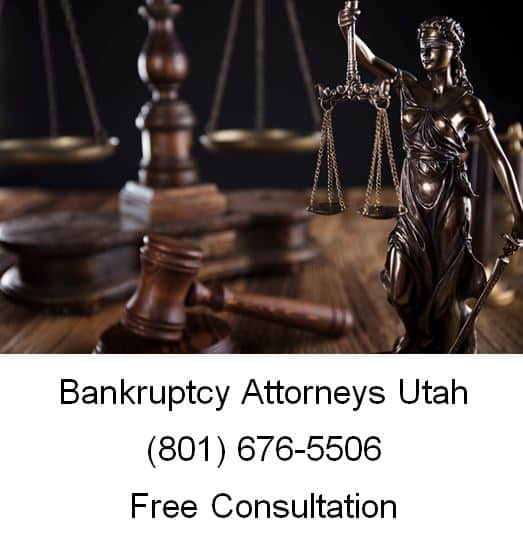Credit card debt, unlike mortgage debt, is unsecured debt. This means your credit card company can’t come immediately take your stuff — including your home or car — when you don’t pay.
Having said that, if you fall behind on credit cards, your lender will quickly try to transition from an unsecured creditor, who can’t take your stuff, to a secured creditor who can. The goal of credit card lawsuits is to strengthen the lender’s collection position. Once an unsecured creditor obtains a judgment, they can then attach your non-exempt property in satisfaction of past-due debts. Let’s break down each step in the process.
You fall behind on credit card bills. Now what?
First, you fall behind on your credit card bills. No lender is going to sue you after a few missed payments, but they’ll definitely start calling. If the collection calls don’t work, there is a decent chance that the credit card company or a debt collector will eventually file a lawsuit. A debt collector is a person or business whose primary purpose is to collect debts, and include collection law firms. As original creditors, a bank or credit card company’s primary purpose is not to collect debt, and so are not regulated under the same federal law.
Your debt collector files a lawsuit against you.
You’ll receive a summons and complaint when a credit card company files a lawsuit against you. Of course, you have the option of defending against the lawsuit if you don’t actually owe the debt or if you have some other defense against payment. Don’t necessarily take it for granted that you owe. Some collectors will try to illegally resurrect zombie debt. If you owe the debt and don’t file an answer to the lawsuit, and most people don’t, the court will enter what is known as a default judgment. The judgment is a court decree stating you owe the debt and that the credit card company has the right to take some of your assets to satisfy it. Now they have the right to come after your stuff, but exactly what can they take?
Your debt collector comes after your stuff.
What a debt collector can take will depend on your state’s exemption laws. If you need a quick and dirty summary, it’s best to think of exemptions as laws that shield your property from creditors, both inside and outside of bankruptcy.
Generally speaking, each state has enacted its own exemption laws and a good consumer lawyer in your state will be happy to walk you through how they work.
How do property exemptions work?
Need an example? Let’s look at Texas. Assuming the property meets certain criteria, the Texas homestead exemption allows residents to exempt the entire value of their home from creditors. This means that, no matter how much you owe, you won’t lose your house because of debt in Texas. The Texas homestead exemption is generous.
Perhaps another state has a car exemption that allows you to protect up to $4,500 in a single car. If you have equity in your car above that, a judgment creditor may be able to sell it to get at the non-exempt equity. As a practical matter, there are costs associated with selling property at auction and creditors are often willing to settle for cash rather than go through with the sale.
Filing for bankruptcy will stop a lawsuit.
Well, there you have it. Whether a credit card company can take your stuff after non-payment depends on whether they’ve obtained a judgment by filing a lawsuit and the size of your state’s property exemptions.
If you are facing a credit card lawsuit, it’s always best to call a lawyer. Also be aware that filing for bankruptcy will eliminate your credit card debt and stop a lawsuit, even if it’s already been filed.
Free Consultation with a Utah Bankruptcy Lawyer
If you have a bankruptcy question, or need to file a bankruptcy case, call Ascent Law now at (801) 676-5506. Attorneys in our office have filed over a thousand cases. We can help you now. Come in or call in for your free initial consultation.
8833 S. Redwood Road, Suite C
West Jordan, Utah
84088 United States
Telephone: (801) 676-5506
Recent Posts


